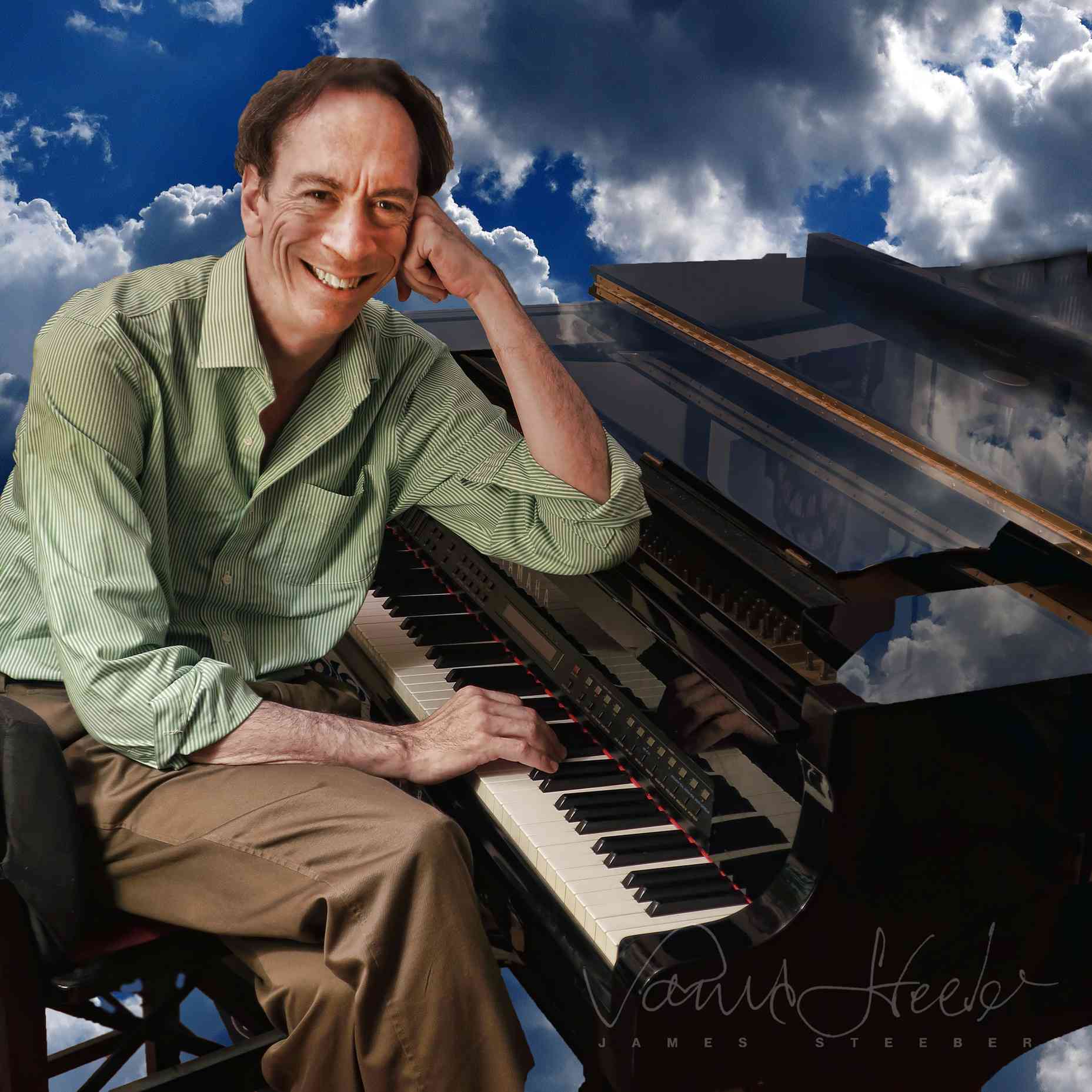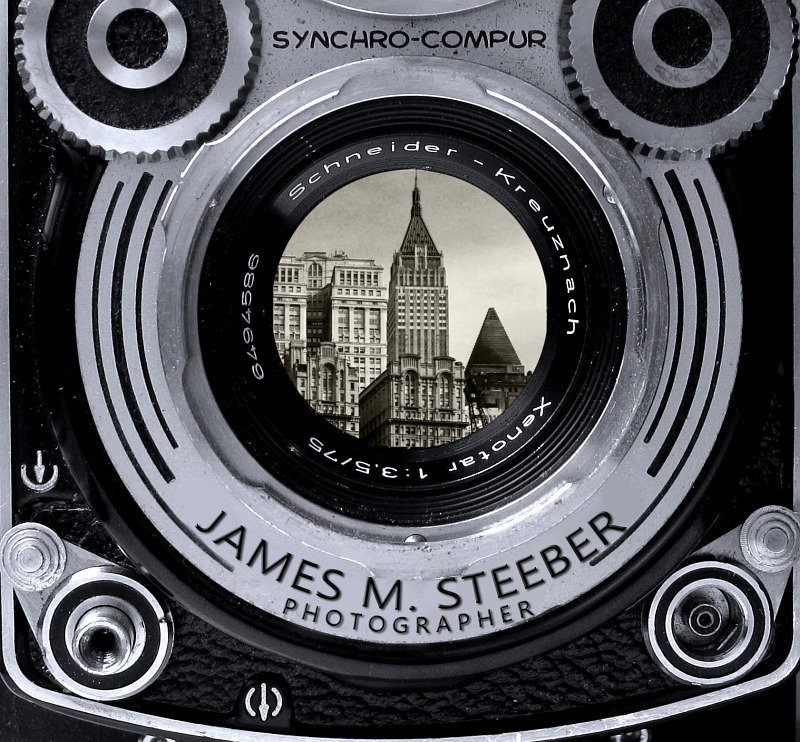So, Stride Piano -- what on earth makes it worthy of a whole page? Perhaps the point should be, what makes expression worthy of a whole page? The answer lies in one's need to feel moved to live, that music itself should define physics and time in a sublime formula of color and shading, balance and tone, without ever once landing on the surface of an actual canvass, save the one in our minds and our spirits. Therefore, why not stride piano? And why not have many pages devoted to it?
Stride piano is a form of musical exuberance which, once mastered, can become a musical way of life. The perpetual motion machine of accented weak beats, strong, supportive bass notes, alternating with heart-breaking harmonic tenth-filigrees, played against a veritable city-scape of melodic line, can resemble a fantastic machine carrying out functions of disparate temper, while all together coming to a boil in a stunning symphonic wave.
This does not mean that all stride piano, remembering Scott Joplin's admonition on tempo, is played very fast. Much of it is actually quite tender in its intent and execution, knowing that its syncopation is a given, and that with this new language it may provide the comforting breakers for its own momentous wave, thereby meeting the blues half way. And it is hard to play.
Speaking more of ragtime, stride's Dutch uncle from Maryland or Missouri, Eubie Blake once quipped that what made it so hard to play was that "this hand (holding up one of them) has nothing to do with this one (holding up the other)".
Indeed, people who play stride piano, like those who play ragtime, are really two people. And each plays a different version of the same song, at the same time.
What stride piano gives, for once, is the whole song -- the harmonies usually left out. And with popular song there is nothing more astounding than hearing a truly masterful pianist striding through a familiar song, restoring its soul as well as ours . It might be like applying soap and water and linseed oil to a darkened Flemish masterpiece for years until it is clean, never seeing the work in its entirety until one day, when the work is done, standing back, and aghast, seeing all the colors no-one had known were there.
Steve Allen, then host of NBC's Tonight Show, once observed that the playing of veteran strider and guest artist Art Tatum put him in mind of seeing a DaVinci painting while riding by on a fast bicycle.
© James Steeber, New York, 1998, 2016, 2022
A Description of Stride Piano
(from my first complete Website)
Download and purchase some of my piano solos at
Newly-published work "Lullaby in Apartment 5C"





